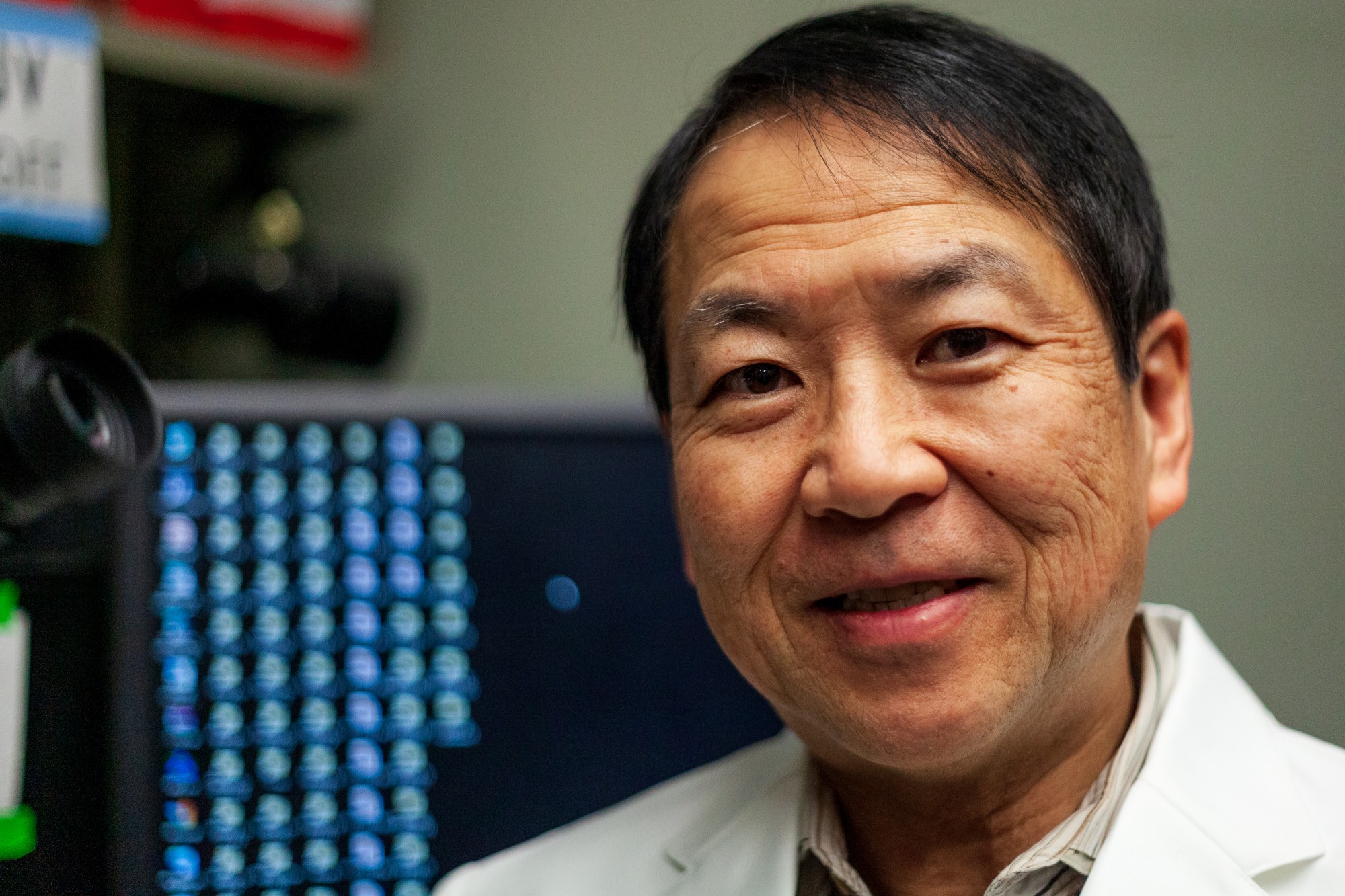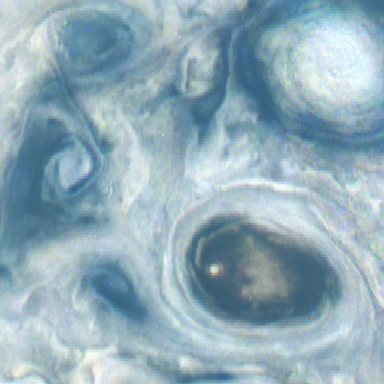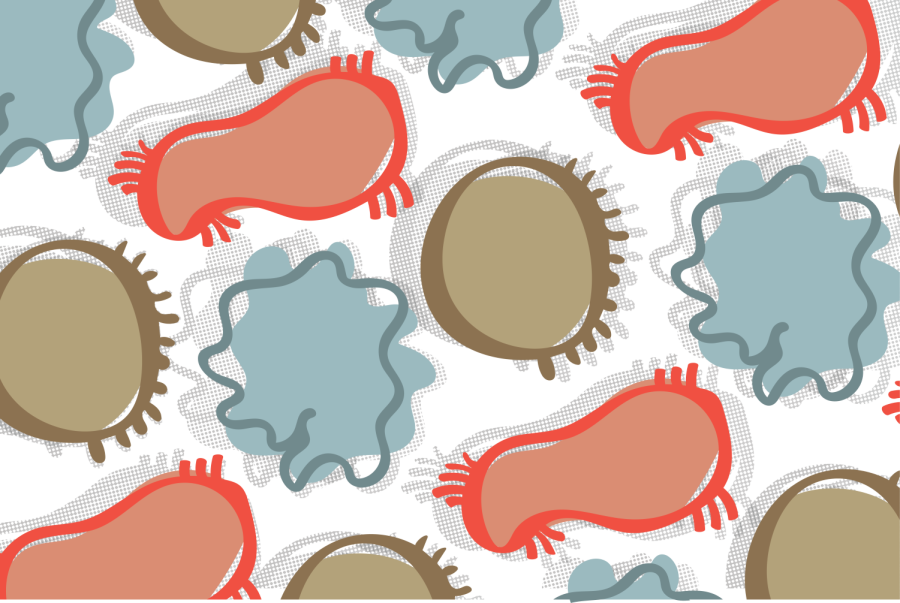University of Minnesota researchers found a way to improve the effects of Duchenne muscular dystrophy.
DMD is a syndrome that starts in adolescence and leads to muscle weakness and eventual muscle loss. The study showed many improved observable traits, or phenotypes, of DMD in the muscles of mice. Researchers will collaborate with Shire Human Genetic Therapies, a pharmaceutical company, to possibly translate their findings to humans.
“The many therapeutic approaches are to try and improve the skeletal muscle size,” said Atsushi Asakura, a co-author of the study and a University associate professor in the Department of Neurology.
Researchers took a new approach to this by targeting the blood vessels in the skeletal muscle, said Mayank Verma, a co-author of the study and a University graduate student.
The study found that in muscles there was less damage, more stem cells, less scar tissue and the ability to produce more stable muscle fiber.
“We see the number of stem cells in these muscles increase,” Verma said. “The point is to get the muscle to function better so the muscle can produce more.”
Shire Human Genetic Therapies approached the University researchers several years ago, when researchers first came up with this idea, Verma said. Shire engineered antibodies to specifically target blood vessels.
“They created a new antibody for the future,” Asakura said.
While the researchers used commercially available antibodies for this paper, Shire’s antibody worked on a higher level, Verma said. Researchers will use Shire’s antibody in new research going forward.
DMD is the most common form of muscular dystrophy, with 20,000 people diagnosed globally each year, said Abby Meyer, a care and clinical service specialist at the Muscular Dystrophy Association serving Minnesota and the Dakotas.
“We know, and research will tell us this, DMD primarily affects males, while females are typically carriers,” Meyer said. “That’s an important piece why research is necessary and important because we wouldn’t even know that much about this disease [otherwise].”
MDA provides services for 43 different types of muscle disease, said Heather Hedgecock, another care and clinical service specialist at the MDA. “[DMD is] one of the ones that are definitely more impactful on the longevity of someone’s life,” she said.
It’s important for DMD research to exist because it often affects other types of muscular dystrophy, Hedgecock said.
There’s always a need to come up with new strategies to look at diseases, Verma said. “We’ve seen a lot of excitement about therapies that wind up not working out in the end,” he said.
Next, researchers will begin testing their findings on other species, including humans, and investigating other questions, Verma said.
“What about this pathway that we’re targeting is improving the muscles?” he said.














